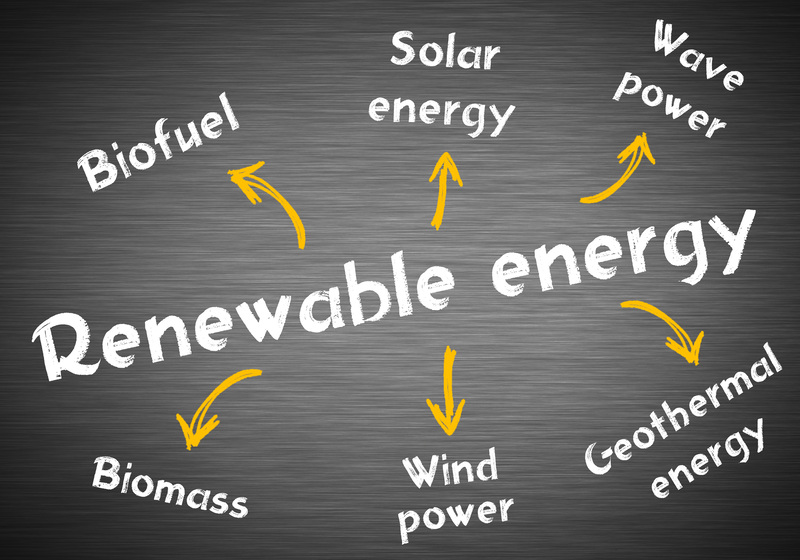Proper Disposal of Scrap Metal
Posted on 24/12/2024
Scrap metal disposal is a critical issue due to its environmental, economic, and social implications. While it can be a valiant effort to manage waste properly, improper disposal of scrap metal can lead to severe health and environmental concerns. This article explores the importance of proper disposal, methods, benefits, and the challenges that come with managing scrap metal.
The Importance of Proper Scrap Metal Disposal
Scrap metal is composed of both ferrous (iron and steel) and non-ferrous materials (aluminum, copper, lead, nickel, tin, titanium, and more). These materials, when disposed of improperly, can present significant risks to the environment and human health. The proper disposal and recycling of scrap metal help in reducing these risks and have a plethora of immediate and long-term benefits.

Environmental Benefits
One of the principal reasons why proper disposal of scrap metal is vital is the positive environmental impact. Recycling scrap metal reduces the need for mining and processing natural resources, which in turn lowers greenhouse gas emissions. Improperly disposed scrap metal can leach toxic chemicals and heavy metals into the soil and water sources, impacting flora, fauna, and human populations.
Economic Advantages
Properly disposing of scrap metal also has significant economic benefits. The metal recycling industry generates billions of dollars annually and helps in creating numerous job opportunities. By recycling, businesses and individuals can monetize waste that would otherwise pollute the environment. Moreover, it also conserves natural resources and reduces the energy consumption typically required to produce new metals from ore.
Methods for Proper Disposal of Scrap Metal
Disposing of scrap metal correctly involves several methods. These methods ensure that scrap metal is recycled or disposed of in an environmentally friendly manner. Some of the most effective ways to dispose of scrap metal include:
1. Recycling Centers
Recycling centers are established facilities that accept and process scrap metal. Different centers may accept different types of metals, so it is crucial to sort metals before taking them to a recycling center. Recycling centers pay for scrap metal, which offers individuals and businesses a financial incentive to recycle.
2. Scrap Yards
Scrap yards are businesses specialized in buying and processing scrap metal. They often work directly with recycling centers and metal manufacturers. Scrap yards have the equipment and expertise to handle, sort, and process large quantities of scrap metal efficiently.
3. Bulk Collection Services
Many municipalities and private companies offer bulk collection services for scrap metals. These services can be periodically scheduled or requested on-demand. Bulk collection services are especially useful for businesses and construction sites that generate a large amount of scrap metal.
4. Donation
Sometimes, the best way to dispose of scrap metal is to donate it. Many educational institutions and non-profit organizations accept metal donations for various purposes, including art projects and construction. Donating scrap metal can also be a tax-deductible option.
5. Manufacturer Take-Back Programs
Some manufacturers offer take-back programs, where they accept old products and dispose of or recycle them responsibly. These programs are particularly common with electronics and appliances, where metals can be reclaimed and reused for new products.
Challenges of Scrap Metal Disposal
Despite the benefits, there are several challenges associated with the proper disposal of scrap metal. Understanding these challenges can help in developing more effective strategies for scrap metal management.
1. Sorting and Quality Control
Sorting scrap metal can be a complex and labor-intensive process. Ferrous and non-ferrous metals need to be separated, and different grades and contaminations need to be identified. Advanced technology, such as automated sorting systems, can help, but these are costly and not universally available.
2. Market Fluctuations
The value of scrap metal is subject to market fluctuations, which can impact recycling rates. When the price of scrap metal is low, there is less incentive for individuals and businesses to recycle, making it challenging to maintain consistent recycling rates.
3. Regulatory Compliance
Disposing of scrap metal involves adhering to various regulations and environmental laws. These regulations can be complex and vary significantly between regions. Compliance requires both knowledge and resources, which can be a barrier for smaller businesses and individuals.

Steps to Ensure Proper Scrap Metal Disposal
While challenges exist, there are actionable steps that can be taken to ensure proper scrap metal disposal:
1. Educate and Train
Informing individuals and businesses about the importance of scrap metal recycling and how to properly sort and dispose of it can have a significant impact. Training programs and informational campaigns can be instrumental in improving recycling rates.
2. Invest in Technology
Investing in modern technology can streamline the process of sorting and recycling scrap metal. Automated sorting machines, advanced recycling facilities, and efficient collection systems can help in managing scrap metal more effectively.
3. Strengthen Regulations and Enforcement
Improving regulations and their enforcement can help in ensuring that scrap metal is disposed of properly. Governments and environmental agencies need to collaborate to create frameworks that are both stringent and practical.
4. Collaborate with Industry Partners
Collaboration among various stakeholders, including businesses, recycling centers, and government agencies, can lead to more comprehensive and effective scrap metal management strategies. Partnerships can help in pooling resources, sharing knowledge, and improving overall efficacy.
Conclusion
Proper disposal of scrap metal is not just an environmental necessity but also an economic and social imperative. While there are challenges, the benefits far outweigh them. By educating, investing in technology, strengthening regulations, and fostering collaborations, we can make significant strides in managing scrap metal effectively. Not only will this contribute to a healthier environment, but it will also bolster economies and communities.
From recycling centers and scrap yards to donations and take-back programs, there are numerous methodologies available for the proper disposal of scrap metal. Using these methods responsibly ensures that we play our part in sustaining the environment and contributing positively to the economy. Proper disposal is not just a task; it is a responsibility that requires our collective effort and commitment.
Latest Posts
Hard Waste: Disposal Guidelines
Large Furniture Disposal Techniques
PPE Environmental Impact Mitigation



